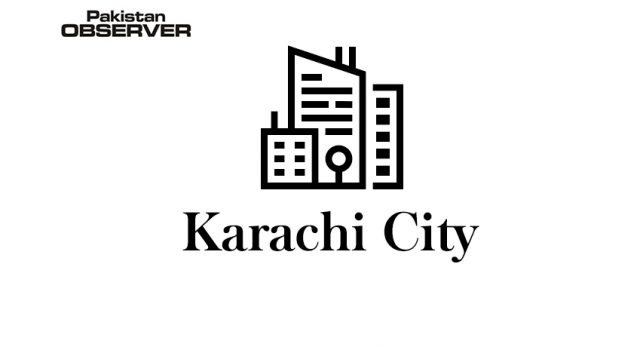The National Electric Power Regulatory Authority (Nepra) on Friday formed a committee to visit Karachi and probe complaints of “excessive”electricity load-shedding” by the K-Electric (KE) in the metropolis in recent days. The decision came after the power regulator held a public hearing on the subject via video link, which was attended by public representatives, technical experts, representatives of different entities, members of the business community, journalists and consumers from Karachi. Residents of Karachi have in recent weeks complained about frequent unannounced power outages that have added to the misery of soaring temperatures and the coronavirus outbreak. During the hearing, the participants shared their views and complaints regarding the prevailing power supply situation in the city. Nepra “after detailed deliberations has decided to form a four-member committee of Nepra professionals/experts headed by [the] director general (monitoring & enforcement) to visit Karachi immediately, conduct further investigations on ground and submit a detailed report to the Authority before the end of next week”, said a press release issued after the hearing. It added that Nepra will take “further necessary action” on the basis of the committee’s report. At the outset of the hearing, Sindh Minister for Energy Imtiaz Sheikh said the issue of load-shedding in Karachi had become “critical” and that there was a need for the federal and provincial governments and KE to sit together in order to find a permanent solution to the problem. He said the provision of fuel to KE should be ensured. The power utility had cited fuel shortages as a reason for the excessive load-shedding. The minister said the Sindh government was ready to provide assistance to resolve the issued being faced by KE. Nepra’s Member Sindh Rafique Shaikh proposed that load-shedding during the night should be “immediately” ended in Karachi. But KE Chief Executive Officer Moonis Alvi said it was not possible, explaining that KE is forced to carry out load-shedding during night time because a shortfall remains even after cutting off the supply to the industry. “Load-shedding will end the day the demand falls below 2,900MW,” Alvi told the public hearing. Nepra Chairman Tauseef H. Farooqi said the authority will issue a decision after examining all proposals and facts concerning load-shedding. He noted that the public impression was that load-shedding is often conducted during peak hours, when extra consumers are charged extra power tariff. Farooqi proposed that peak hours tariff and off-peak tariff should be abolished until load-shedding is completely ended and the tariff should be uniform for all hours of the day. Last month, Nepra had taken notice of complaints regarding continuing unannounced load-shedding in Karachi and directed the power utility to submit a detailed report in this regard.









